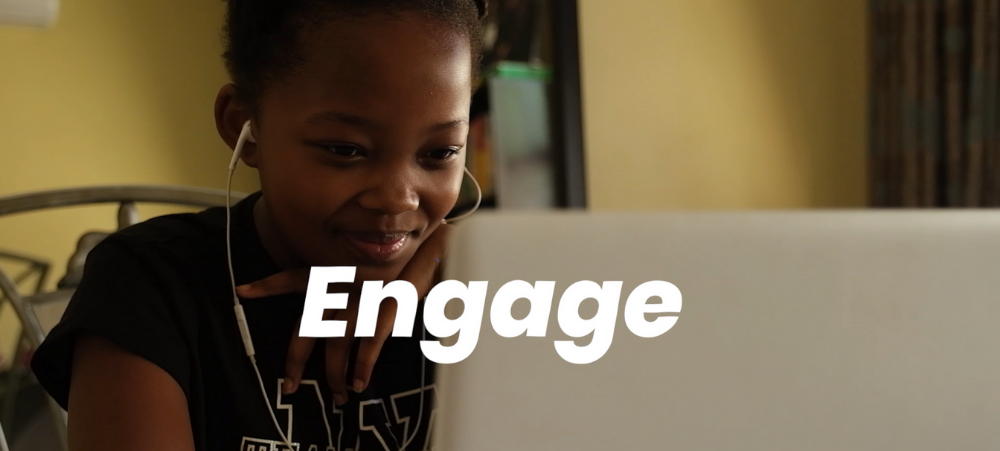As parents, we want our children to love their school experiences. It sets off a host of anxieties, and sometimes sustained stress, when our child is despondent, frustrated, or angry because they are struggling with academics or battling to get along socially at school. We understand innately that not enjoying school much also means not learning much.
This is confirmed by Educational Psychologist, Angela Hough who notes that both disengagement in the classroom and in school social relationships impacts a child’s ability to learn. She says, “Usually, the more involved a child is in their school and class, and the more that they ‘own’ their learning, the happier they are and the more they learn. Peer relationships and teacher-learner relationships are also vital for a child’s sense of self-worth, belonging and wellbeing. Generally, the more a child feels valued for who they are, and the more they feel included, the happier they are, and the more they are able to contribute and experience.”
That involvement, ownership and accountability for learning, sense of belonging and social acceptance are the characteristics of a high engagement learning environment. Our kids can all be involved and enthusiastic in their learning and their school community given a high-engagement context. As parents who were traditionally schooled, we tend to think we need to choose the same or the opposite of what we went through, depending on whether we loved or hated our schooling experience. But our kids are going to school in the 4th Industrial Revolution (4iR) and it’s clear we need to be thinking more expansively and differently about their options before we make school choices.
Koa Academy Principal, Mark Anderson worked as an award-winning teacher in brick-and-mortar schools before co-founding this intentional high engagement online school. He says, “Engagement does not happen automatically in any one specific type of school. There are some physical schools which do a great job of having a highly engaging learning environment, while others don’t. The same is true for online schools, home-schools, and every other type of school in between. Every child is also unique in how they go about engaging with others and their learning. What might be a great fit for one person might just not work as well for another. What this means for parents, is that it when it comes to their school choices, they need to not only evaluate the school, its reputation and its values; but do so in the context of what suits their child best.”
This means that all parents should be on the lookout for schooling options that truly intend to offer and maintain high engagement for a diversity of learners, no matter whether those schools are physical or online.
Discover Koa Academy here
- What Are Parents Really Hoping For in Their Child’s Education? - December 2, 2025
- Alumni Spotlight: Tamisha Sinan, Class of 2024: Thriving After Koa Academy: Real-World Skills in Action - November 13, 2025
- Can You Really Make Real Friends Without a Physical Classroom? - October 2, 2025





